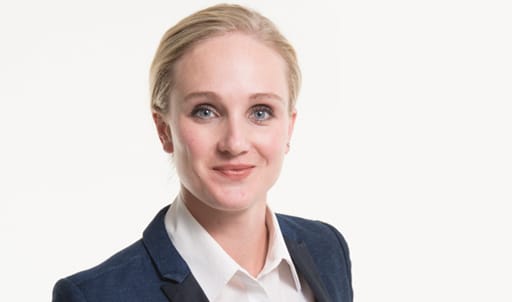It is possible to have one will that deals with your worldwide estate. However, each country has its own laws and procedures when wrapping up an estate. This often leads to administrative difficulties and lengthy delays.
If you have a separate will for your offshore assets, your offshore estate would be wrapped up independently from your SA estate, saving your estate time and money. In addition, if you have immovable property abroad, it is advisable to have a will dealing with the immovable property.
For example, if a South African owns property in the UK, a valid worldwide South African will would be recognised in the UK. However, UK property will pass according to UK law.
Best practice is either to have a separate UK will or at least to take legal advice in the UK to check whether the provisions contained in a worldwide will would work and if the dispositions are efficient for UK inheritance tax purposes.





